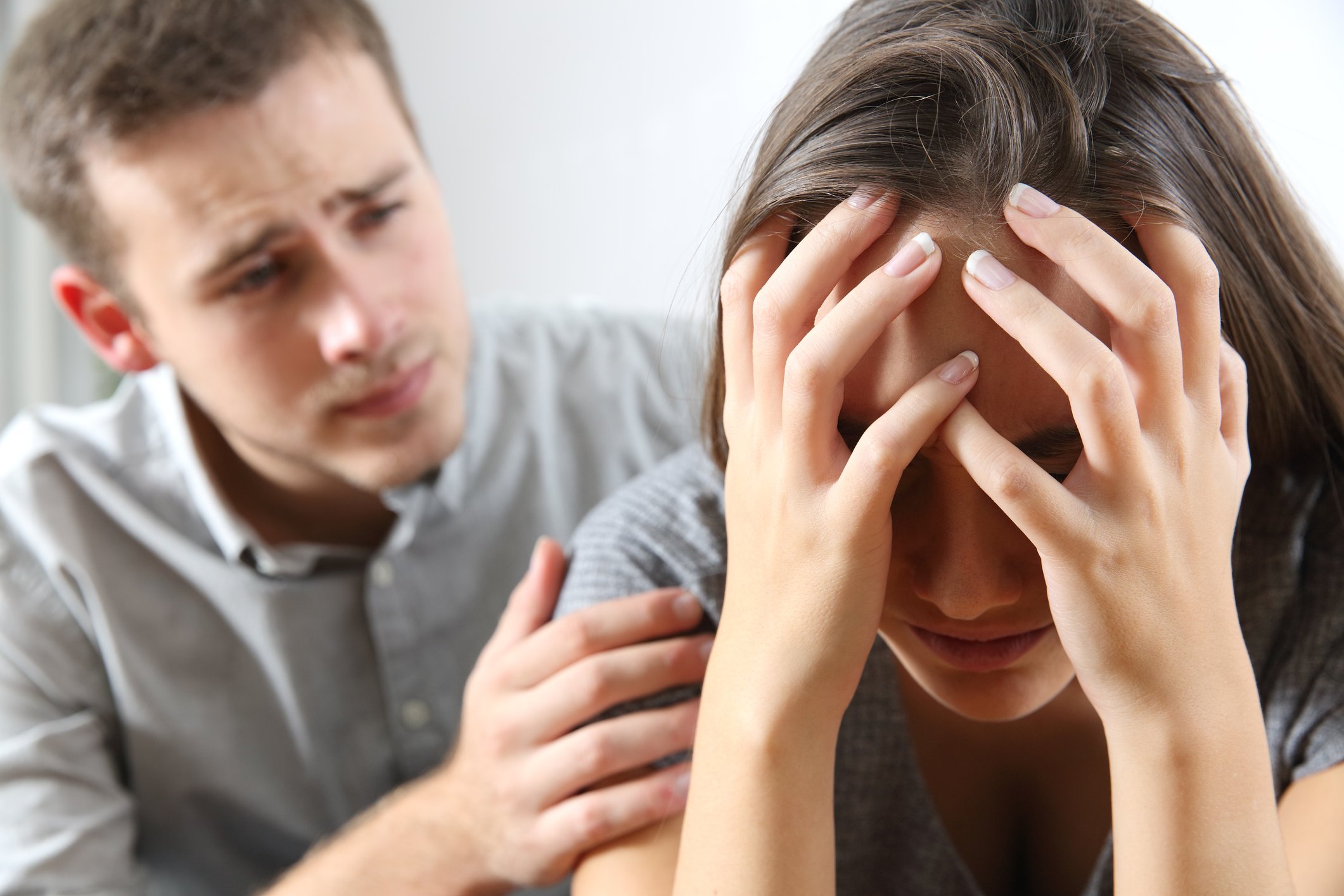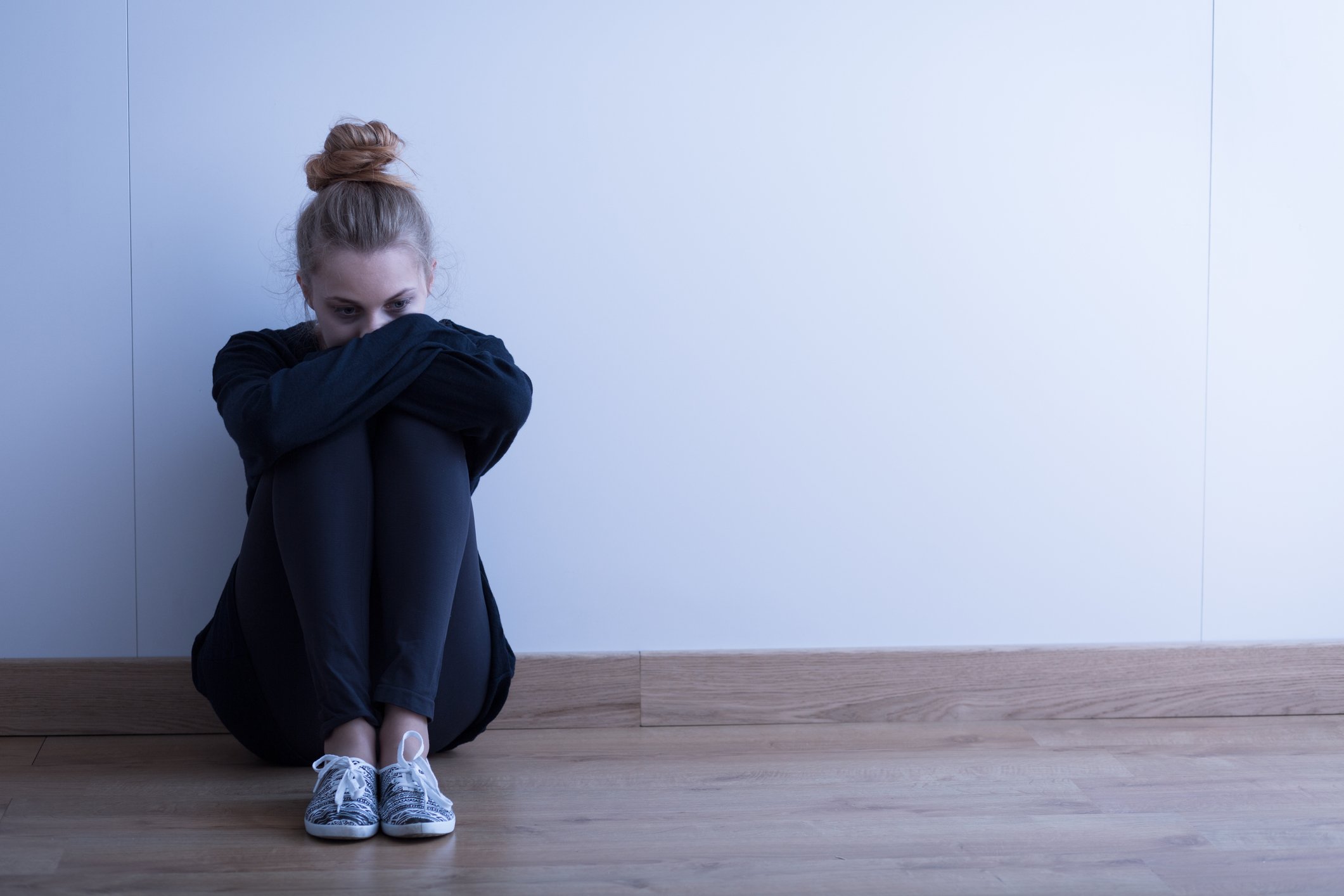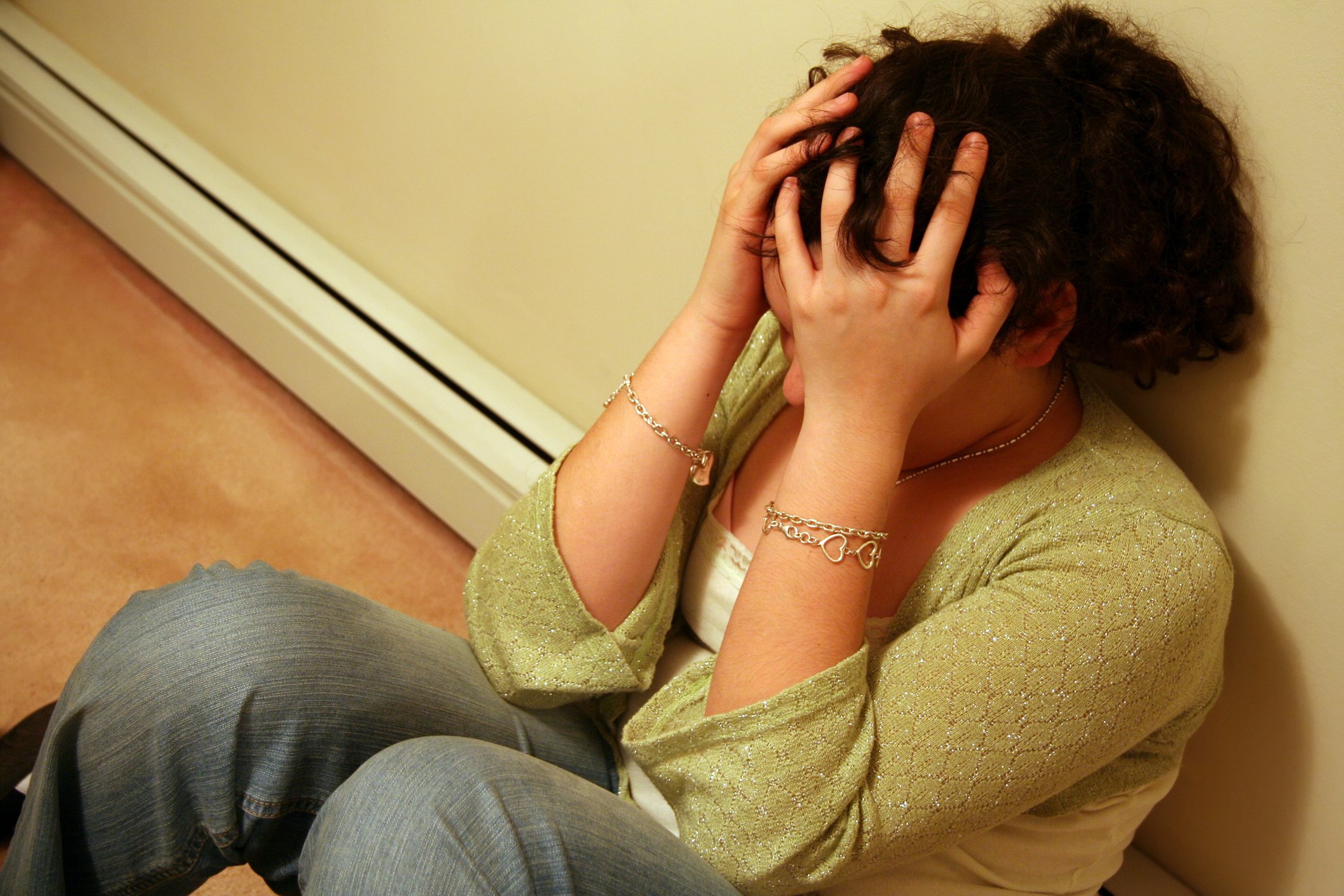Real Talk: Healthy Ways to Cope with Depression
Introduction
Feeling low? Tired all the time? Like everything’s just too much?
If any of this sounds familiar, you’re not alone—and no, you’re not being “lazy” or “overdramatic.” Depression is real. It affects millions of people, including teens. The good news? There are ways to cope—and heal—that don’t involve bottling everything up or pretending you're fine.
This article is here to give you real talk on how to handle depression in healthy, helpful, and non-scary ways. No pressure. Just honest advice.
First Off: You’re Not Alone
Depression can make you feel totally isolated—like no one would understand even if you tried to explain. But trust this: you are not alone. Whether it’s due to stress, school pressure, hormones, family stuff, or no clear reason at all—many teens go through this.
The key? You don’t have to go through it in silence.
“Teenagers often feel like they’re alone in their struggles, but in reality, many of their peers are going through similar things. Talking about it can be the first step toward healing.”
How Do I Know If It’s Depression?
Sometimes, depression isn’t crying all the time. It might look like:
Feeling tired even after sleeping
Losing interest in stuff you usually like
Struggling to focus
Feeling numb or “empty”
Being easily irritated
Eating way more or way less than usual
Thinking dark thoughts or feeling hopeless
If these symptoms last for more than two weeks, it might be more than just a bad week.
10 Healthy Ways to Cope with Depression
1. Talk It Out
You don’t have to solve everything on your own. Talking to someone—a parent, friend, teacher, counsellor—can help you release what’s building up inside. You deserve to be heard.
2. Move Your Body (Even Just a Bit)
Exercise can boost your mood—even a 10-minute walk or dancing in your room counts. It helps your brain release feel-good chemicals like dopamine and serotonin.
3. Stick to a Simple Routine
Try waking up, eating, and sleeping around the same time each day. It brings a little structure to the chaos and gives your brain something steady to hold onto.
4. Limit Social Media
Scrolling endlessly can mess with your self-esteem and make you feel worse. Try a “social detox” for a few hours or days—see how your brain feels without constant comparison.
5. Write It Down
Journaling, songwriting, or writing random thoughts helps get the noise out of your head. You don’t have to be a writer—just be real.
6. Use Grounding Techniques
Try deep breathing or the 5-4-3-2-1 method (name 5 things you can see, 4 you can touch, etc.). It pulls your mind out of overthinking loops and into the present.
7. Eat and Drink (Even If You Don’t Feel Like It)
Depression messes with your appetite. Try to eat something nourishing and drink water. Small efforts make a big difference.
8. Set Tiny Goals
On bad days, don’t try to “fix everything.” Just get out of bed. Brush your teeth. Send one message. Every small win counts.
9. Find a Creative Outlet
Music, art, gaming, building stuff—anything that helps you express yourself is worth your time.
10. Explore Mental Health Apps
Apps like Headspace, Calm, or Moodpath offer guided breathing, mood tracking, and tools for tough moments.
What NOT to Do (But Don’t Beat Yourself Up If You Have)
Sometimes we fall into habits that make things worse. It happens. Just try to catch it and change direction:
Bottling it up
Using drugs or alcohol to numb out
Isolating yourself
Doomscrolling TikTok or Insta
Self-harm
If any of these sound familiar, talk to someone. You’re not in trouble. You just deserve better coping tools.
When (and How) to Ask for Help
If it’s getting harder to cope, it’s okay to ask for help—even if it feels awkward.
You can say:
“I’ve been feeling really down and don’t know why.”
“I think I might need someone to talk to who understands this stuff.”
“Can you help me find a counselor or therapist?”
You can talk to:
A school counsellor
A trusted teacher or coach
Your GP/doctor
Mental health charities like Mind or YoungMinds
Asking for help doesn’t make you weak. It means you're brave enough to want things to get better.
Final Thought
Depression can feel like a fog that won’t lift—but you’re not stuck in it forever. There are real, healthy ways to cope, and it starts with one small step. Whether that’s telling a friend how you’re really doing, going for a short walk, or just making it through the day—you’re moving forward.
You don’t have to have it all figured out. You just have to keep showing up, little by little. Healing isn’t always loud or obvious. Sometimes, it’s just choosing to try again tomorrow.
You’re not alone in this.
You’re not weak for needing support.
And you’re absolutely worth fighting for.
FAQ’s
-
There’s no such thing as not being “depressed enough.” If you’re struggling, you deserve support—period.
-
Yes. It might not happen overnight, but with the right support and time, things can and do improve. You won’t feel like this forever.
-
You could say something simple like: “Hey, I’ve been feeling off lately. Just wanted to be honest in case I seem distant.” Real friends won’t judge.
-
That’s okay. Try a school counsellor, a helpline like Childline (0800 1111), or a trusted adult outside the family. You still have options.
-
Sometimes, yes. Therapy, lifestyle changes, and support work for many people. But if things don’t improve, medication can be a helpful tool—talk to a doctor to explore what’s best for you.









